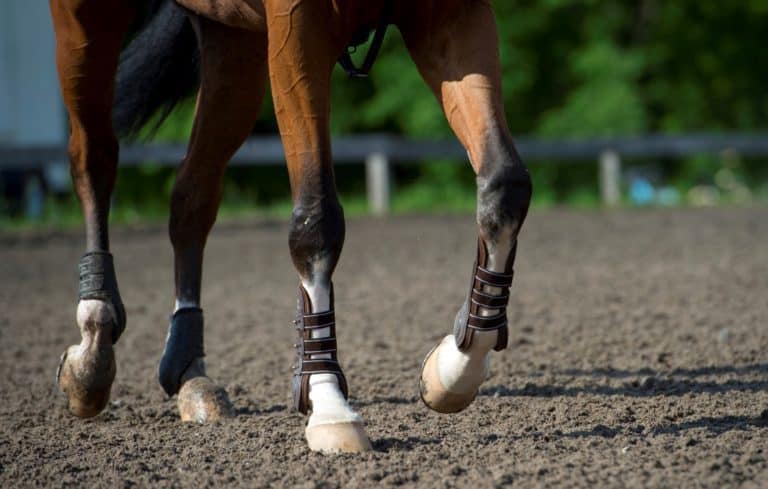Laminitis Risk Increased by Pasture Grass Sugars
Pasture-induced laminitis (sometimes referred to as founder) can be triggered when susceptible horses ingest high amounts of sugar or fructans that are naturally found in some pasture grasses.
Susceptible horses include, but are not limited















